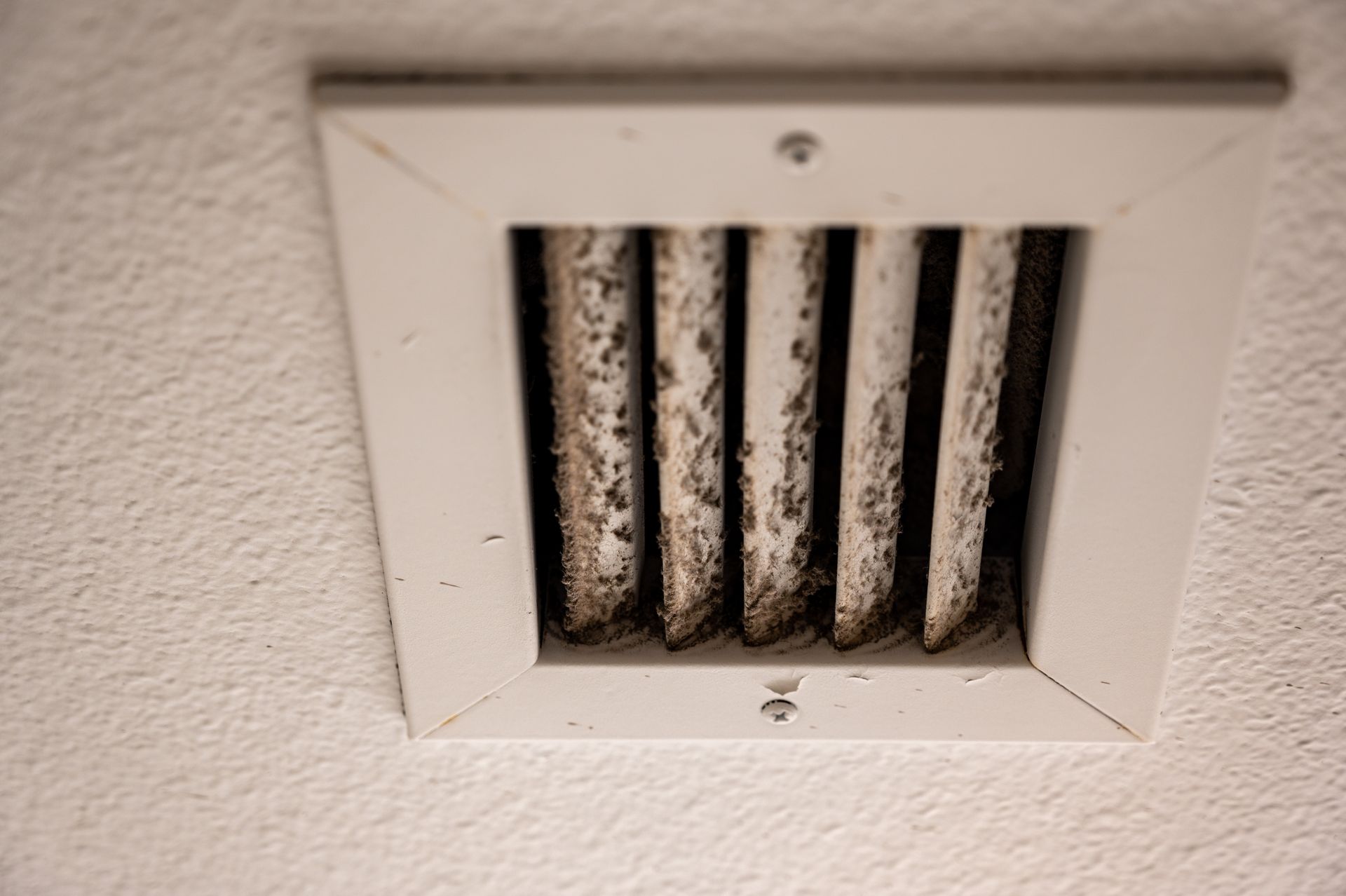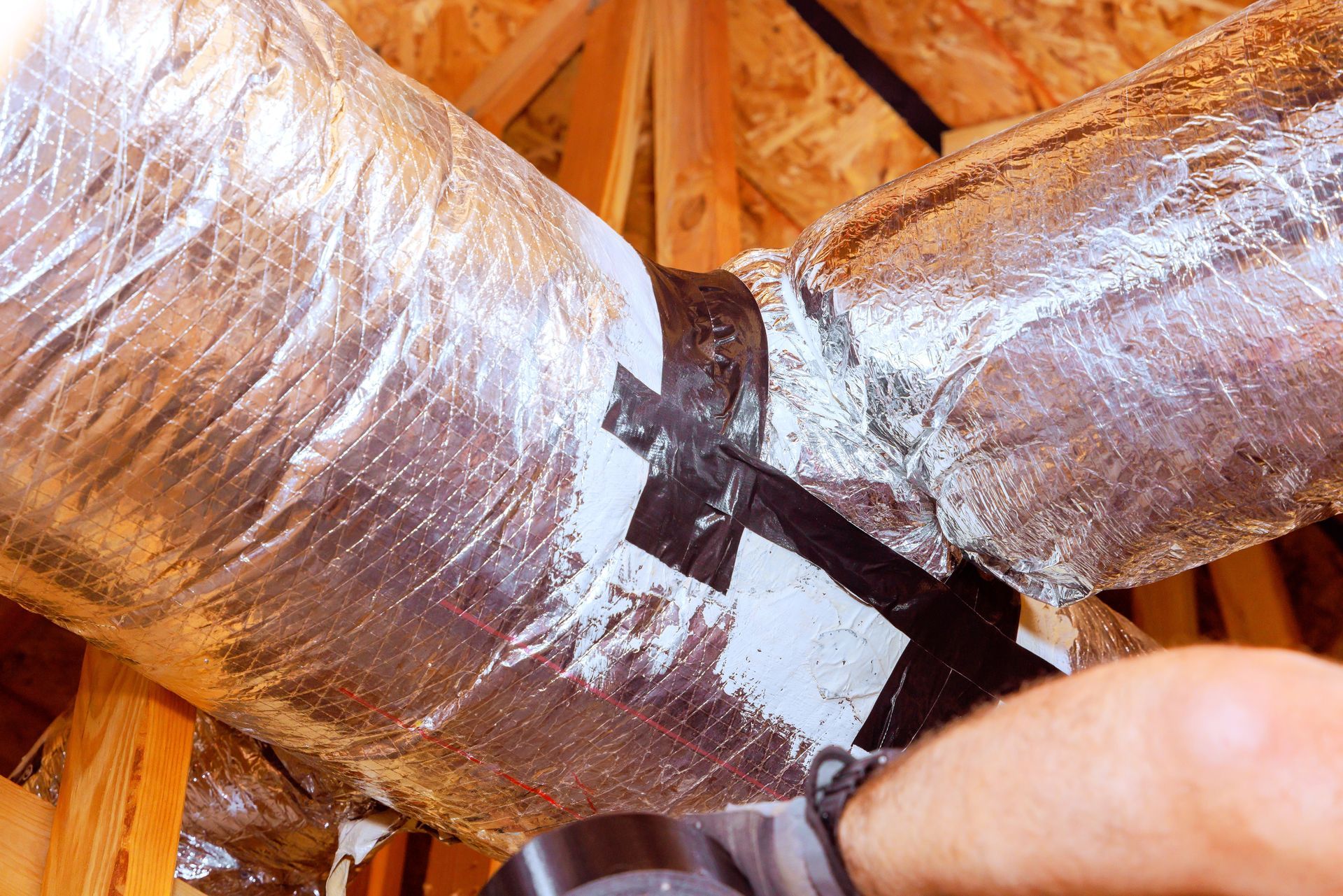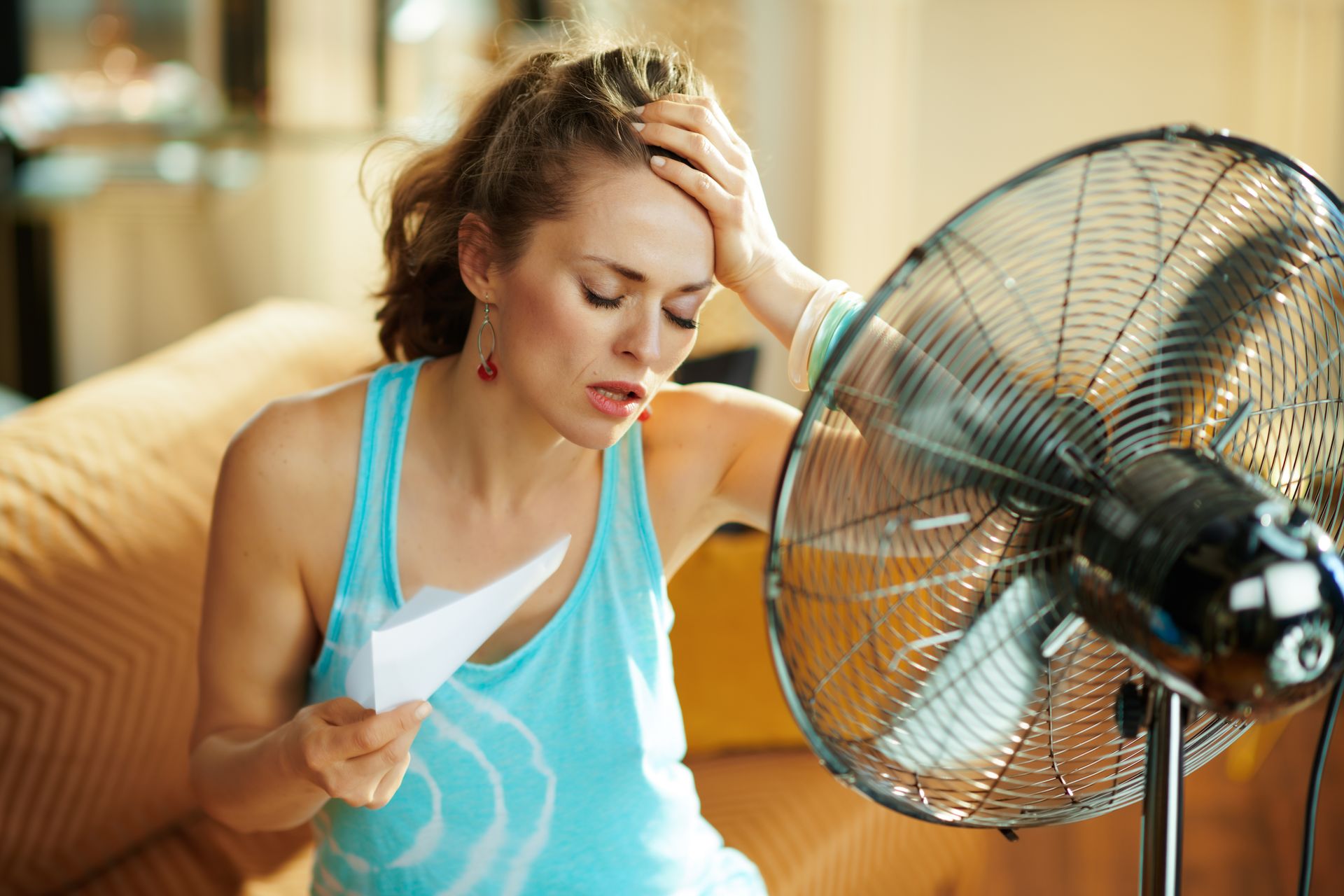Preventing Mold Growth in Your HVAC System | Why It’s Important

In Alabama, our warm (and oftentimes) humid climate is great for making things grow. While the climate not only helps the state’s vegetation and livestock to flourish, it also benefits the more unsavory things – like mold to prevail. Mold is not an uncommon problem in Southern homes.
Because of our state’s humidity, you’ll likely encounter mold trying to lurk in your home’s nooks and crannies. While it's easier to spot the first speckles of mold on our shower, or under our sink, it's not as easy with our HVAC systems.
Unfortunately, homeowners might not know there’s mold until it becomes a problem. Especially when the humidity is at its highest in the warmer months, dampening our homes and making our HVAC system a prime target for mold growth.
How Does Mold Start in an HVAC System?
Mold can make its way into our HVAC system if there’s lots of condensation and humidity. Condensation naturally occurs when our AC is working to cool down hot air. As a result, the moisture in the air starts to condense, until it forms into small drops of water.
While condensation is expected from our HVAC system, it can be a problem if too much moisture develops. Lots of moisture can attract mold. The presence of excessive moisture, (oftentimes combined with humidity in the warmer months,) can make your HVAC system the perfect breeding ground for mold.
What Happens if Mold Settles in an HVAC System?
If mold makes its way into an HVAC system, problems can arise, particularly when it comes to health. Mold can grow through the air ducts, spreading even further through spores (tiny cells that help mold to reproduce.)
These spores are then picked up by moving air within the ducts. The air then travels through the vents, eventually making its way into our living spaces. Once spores enter our air, it becomes much easier for us to breathe them in.
The Problem(s) with Mold
When mold spores enter our respiratory system, they can cause some people to have an allergic reaction. According to the Mayo Clinic, symptoms can range from mild to severe.
The most common symptoms are:
- Sneezing
- Runny or stuffy nose
- Cough and postnasal drip
- Itchy eyes, nose and throat
- Watery eyes
- Dry, scaly skin
For those living with asthma, mold can be a very serious problem, as the spores trigger asthma attacks which cause coughing, wheezing, shortness of breath and chest tightness. It's very important that once mold is identified, it be treated right away to protect those with allergies and asthma. Mold can go undetected for some time, and may only be noticed once you or a family member starts to experience an allergic reaction.
How to Detect Mold
Mold can be detected through:
- Sight (mold can be spotted through the grates of an air vent, or inside the opening of an air duct)
- Smell (a musty, sour smell throughout the home may indicate the presence of mold
- AC performance (if you notice that your AC isn’t working as efficiently as it used to, it may be a sign of mold growth)
Preventing Mold Growth in Your HVAC System
#1: Regular HVAC Maintenance: Regular HVAC maintenance can help prevent moisture buildup in ducts. Technicians can also identify areas where mold might begin to grow.
#2: Install Dehumidifiers: Dehumidifiers are great, especially in Georgia where humidity is high. They help to reduce the moisture in the air, preventing mold growth.
#3: Clean HVAC Air Filters: Dirty filters can trap moisture and dust, making mold even more likely to grow in your HVAC system. Replace filters regularly to keep your system in tip-top condition.
#4: Ventilate Properly: Ensure proper ventilation in areas like bathrooms, kitchens, and laundry rooms, where moisture levels tend to rise.
Want To Protect Your Home From Mold? Give Us a Call!
Make sure that your HVAC system is protected from mold by reaching out to C & G Heating & Air Conditioning. We serve communities across the Alabama-Georgia border including Smiths Station, Phenix City and Columbus. Feel free to give us a call at 334-489-3329. Our Georgia team can be reached at 706-538-4951. For more information about our other services, click the link here.


